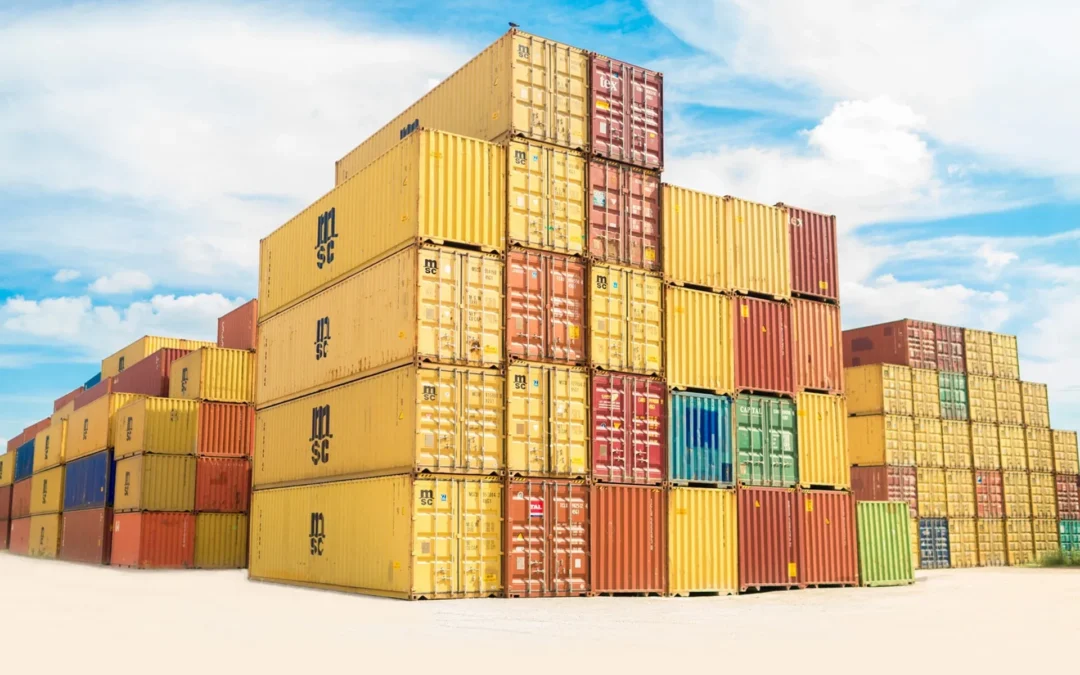International trade presents numerous complexities, requiring extensive expertise and skills to navigate effectively. From product restrictions to enforcement issues, the process of importing goods across borders involves intricate procedures and specific regulations, necessitating meticulous paperwork filing with customs authorities in the destination country.
The Importer of Record (IOR) plays a crucial role in ensuring compliance with importing laws within any country’s jurisdiction. This entity, which may be the shipper, receiver, or a third party, is determined by the Incoterms of the shipment. Let’s delve into the responsibilities of the importer of record and explore related aspects.
Definition and Meaning
The Importer of Record (IOR) is the authorized entity responsible for overseeing the importation process. This role involves taking legal responsibility for ensuring that all necessary paperwork is filed accurately and promptly with customs authorities. It also requires compliance with relevant regulations and the payment of applicable duties and taxes.
IOR Services
IOR service providers offer comprehensive solutions for importing products to desired destination countries and delivering them to end-users and clients. These services encompass customs clearance, record keeping, product classification, and utilization of compliance tools. They also handle border protection regulations and estimate and pay VAT, duties, and taxes to facilitate smooth customs clearance and delivery processes. Learn More About Importer Of Record IOR Services
Responsibilities of the Importer of Record
In today’s evolving regulatory landscape, the role of the Importer of Record (IOR) is paramount in maintaining organizational compliance, ethical standards, and operational efficiency. Key responsibilities include legal accountability for the accurate and complete declaration of imported goods, payment of applicable duties and taxes, and compliance with all relevant laws and regulations governing the importation process.
Customs Compliance
The primary responsibility of the IOR is to ensure adherence to customs regulations and procedures. This includes accurately declaring imported goods, providing complete and truthful shipment information, and ensuring the timely payment of all applicable duties and taxes.
Documentation
Proper documentation is essential for smooth import operations. Required documents include the commercial invoice, packing list, bill of lading or airway bill, certificate of origin, and import license if applicable. Accurate documentation facilitates customs clearance, prevents delays, and ensures compliance with regulations.
Tariff Classification
Proper tariff classification is crucial for determining applicable duty rates, taxes, and regulatory requirements. It involves identifying the correct Harmonized System (HS) code and staying updated on tariff schedule changes.
Payment of Duties and Taxes
IORs are responsible for calculating and paying applicable duties and taxes. This includes understanding complex tariff rates, accurately determining goods classification under the Harmonized Tariff Schedule, and ensuring timely payments to avoid penalties and delays.
Compliance with Regulations
Ensuring compliance involves adhering to import regulations, obtaining necessary permits or licenses, providing accurate documentation, and meeting product safety standards. Non-compliance can lead to penalties, product recalls, and legal action.
Record-Keeping
Accurate and complete import records serve as an audit trail and demonstrate compliance with regulations. Proper record-keeping facilitates efficient customs clearance and minimizes the risk of penalties or delays.
Risk Management
IORs must identify and mitigate import-related risks such as supply chain security and product liability. This involves verifying the authenticity of goods, ensuring supplier reliability, and implementing robust risk management strategies.
Communication and Coordination
Effective communication with stakeholders, customs brokers, and authorities is crucial for a smooth import process. It ensures accurate information exchange, timely documentation submission, and compliance with relevant regulations.
Collaboration with Customs Brokers
IORs should work closely with customs brokers to facilitate the clearance process, provide accurate information, and stay informed about regulatory changes to ensure compliance and avoid penalties.
Additional Responsibilities
Beyond core duties, IORs must address ethical sourcing, environmental compliance, and intellectual property protection to mitigate legal and financial risks and demonstrate commitment to ethical practices.
Compliance Concerns
IORs must address basic customs issues such as import method, tariff classification, valuation, and country of origin marking to avoid enforcement challenges and ensure smooth operations in international trade.
By fulfilling these responsibilities and addressing compliance concerns, Importers of Record can ensure smooth operations, maintain regulatory compliance, and mitigate potential risks in international trade. contact our experts today and they will help you choose the best solution from our wide range of solutions.
Read More Related Blogs:
The Role Of Importer Of Record
What Is An Importer Of Record?
FAQs
Does the importer of record own the goods?
In the world of importing goods, the IOR, or Importer of Record, is typically the individual or entity who either owns or purchases the imported goods. Alternatively, if the end-user prefers not to handle the logistics, a properly authorized agent or legal entity in the destination country can also take on the role of the IOR.
Can the shipper be the importer of record?
Importers of Record, often known as IOR, play a crucial role not only as temporary owners during importation but also potentially as the permanent custodians of shipped goods. This transition typically occurs when private entities handling shipments prefer to take charge of the entire importation process. In such cases, they willingly step into the shoes of an Importer of Record, occasionally becoming the genuine owners of the goods in question.


Recent Comments